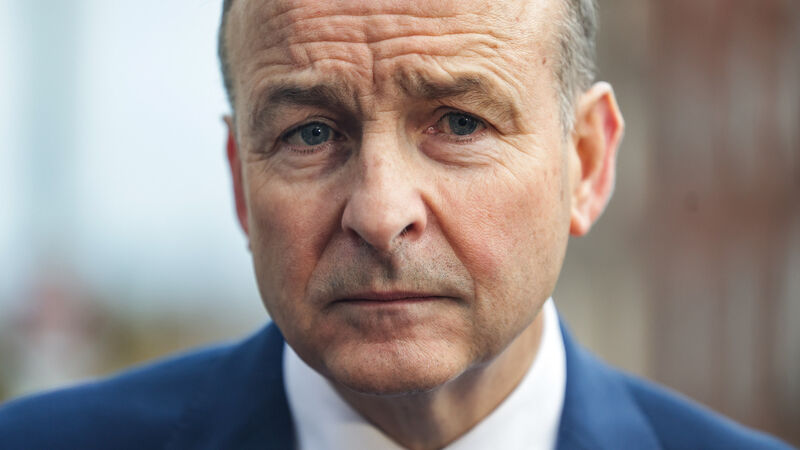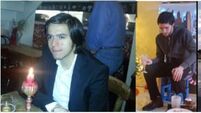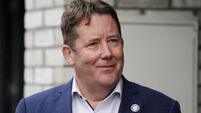World at a 'decisive moment' on how it acts on climate change, Cop30 hears

Mr Martin said that Ireland stood ready to play its part on climate change, and change is underway across its economy to steer Ireland to a decarbonised future. Picture: Leah Farrell / © RollingNews.ie
Taoiseach Micheál Martin has said he is concerned that the “spirit of common purpose is weakening” when it comes to climate change, and that countries fail their citizens by not telling them the truth about it.
At the leaders summit at the UN's climate change Cop30 conference in Belém, Brazil, Mr Martin said the world is at a “decisive moment” in how it acts on climate change.
CLIMATE & SUSTAINABILITY HUB













